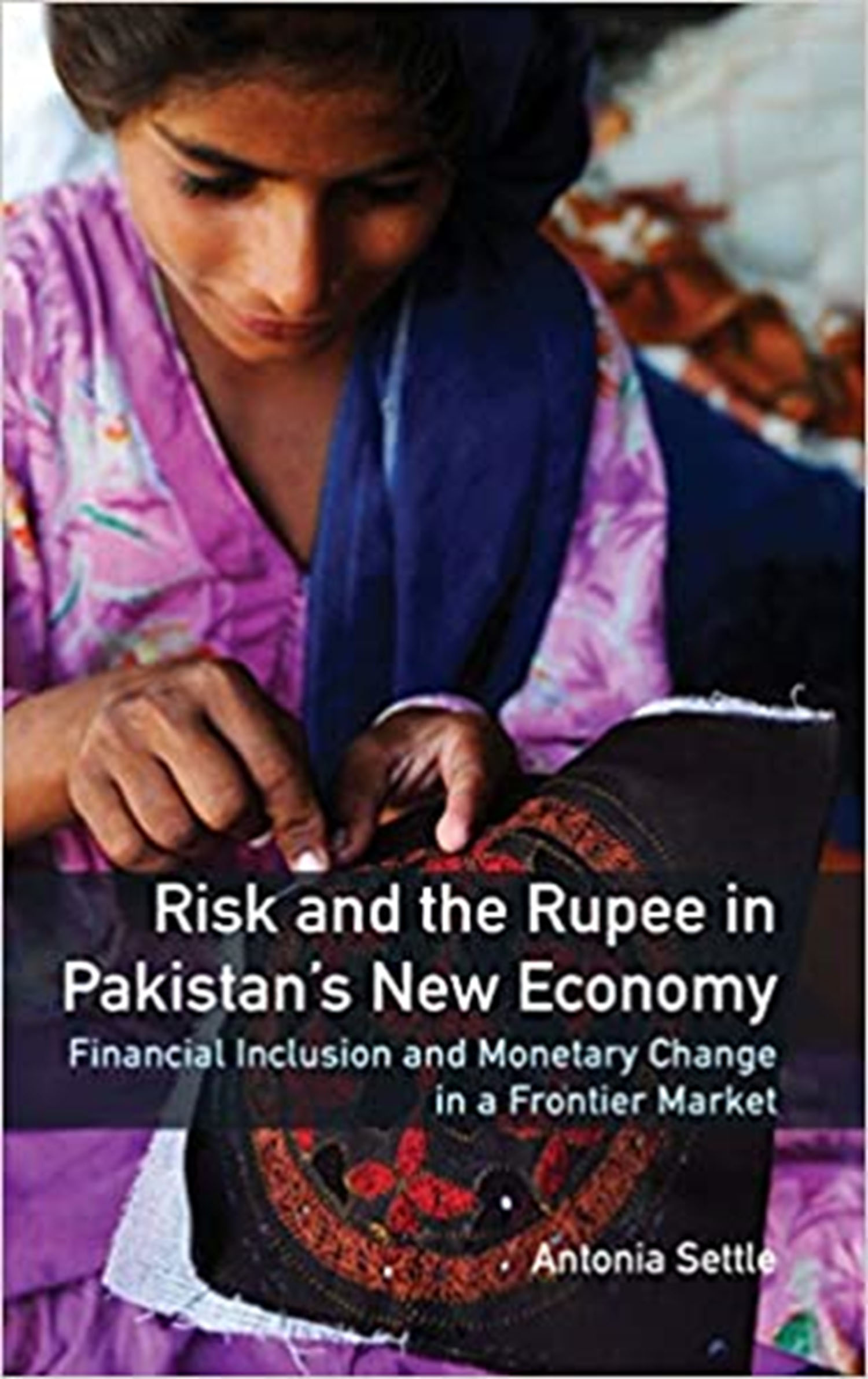The book under review examines financial inclusion and monetary change in Pakistan, where liberalization of money and markets was initiated in the last few decades. Pakistan had been a low-inflation economy until liberalization and had for many decades maintained both fixed exchange rates and fixed pricing. However, a transition to open market principles began in earnest in the 1990s. This change, defined as the concept of a `frontier economy’ in the investment world, weakened the state’s grasp over both money and the economy as a whole. It brought a great deal of instability, more so after the Rupee’s float in 2000. This posed a challenge to the State Bank of Pakistan (SBP), Pakistan’s Central Bank, in meeting external payments, limiting speculative panic, and in controlling inflation. For ordinary people, it brought volatility especially among the poor, forcing them to deal in cattle and wheat, even vacant land, as a `store of value’ instead of cash.
The author Antonia Settle writes about these developments with formidable expertise. She worked as a Research Associate at the Sustainable Policy Development Institute, Islamabad (2009-2010) and did her PhD from the University of Sydney. Her fieldwork in Pakistan was undertaken in 2015.

